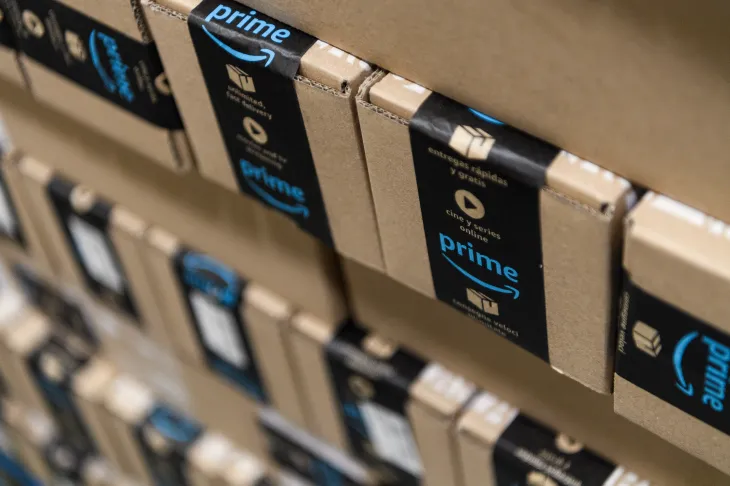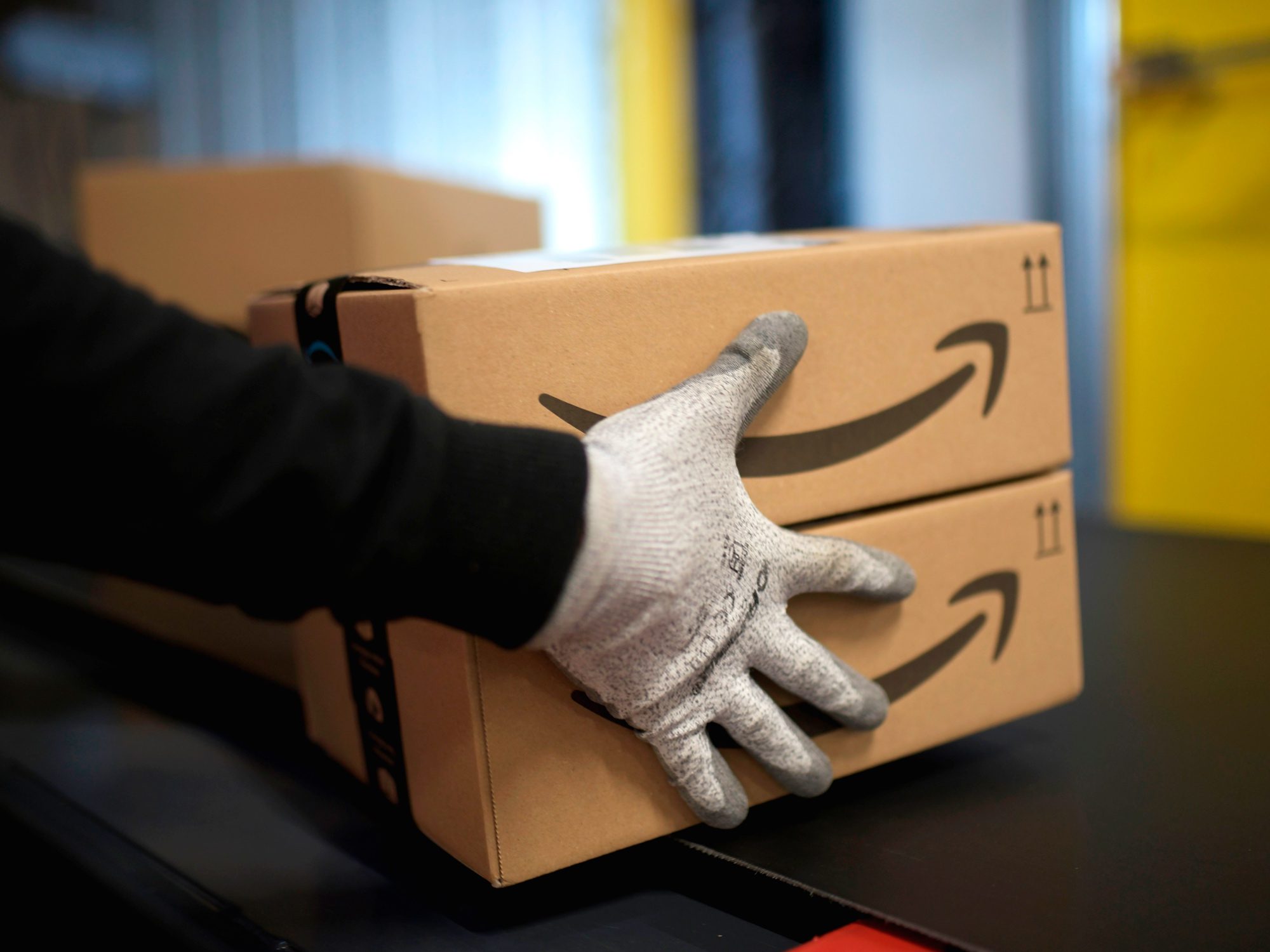The EU to scrutinize Amazon next on product risks and user rights – Amazon is now one of the several internet behemoths receiving formal requests for information (RFIs) from European Union authorities in charge of the relaunched Digital Services Act (DSA), the bloc’s digital legislation.

EU to scrutinize Amazon
The European Commission announced today that it has requested additional information from Amazon regarding the steps it has taken to meet its obligations under the DSA, including risk assessments and mitigation strategies to safeguard consumers online. The information has been requested with specific reference to Amazon’s recommender systems, the protection of fundamental rights, and the distribution of illicit goods.
Tech companies have been forced to submit a variety of data points pertaining to regional usage since the DSA went into effect in late August for 19 larger platforms (also known as very large online platforms, or VLOPs, and very large online search engines, or VLOSEs). These platforms were also subject to reporting obligations.
A subset of larger platforms, known as VLOPs and VLOSEs, are already expected to comply with the law, even though the DSA lays out a broadly applicable governance framework for digital services (or will when it comes into wider application early next year). This compliance includes a number of additional obligations meant to drive transparency and accountability on their part, such as in areas like their use of algorithms for sorting and surfacing content.
Also see: Apple will permit users in the EU to sideload iPhone applications
A pertinent clause in the DSA mandates that VLOPs give customers the option to refuse suggestions based on profiling, which implies they can decide which goods to see that aren’t chosen based on the platform’s tracking and profiling of their usage.
In addition, the rule requires platforms to notify users and customers about the sale of illicit products when they become aware of such transactions.
EU regulators have responded to the platforms’ initial DSA disclosures by requesting more information on how they are carrying out their DSA duties through a number of official requests for information, or RFIs, addressed to VLOPs. The Commission has sent RFIs to AliExpress, Meta, Snap, TikTok, YouTube, and X in the past few weeks.
Last week, the EU’s oversight of VLOPs quickly revealed three early priority areas: The Commission has first focused on how platforms are responding to the Middle East crisis caused by the Israel-Hamas war, which has resulted in RFIs being sent to the major social media services; its second focus is child safety, where concerns have also prompted several requests to mainstream social media services; and finally, e-commerce risks in the run-up to the holiday season are clearly on the Commission’s radar, as evidenced by this latest RFI to Amazon.
Also see: Facebook and Instagram now support Amazon Seamless Shopping
This is in response to an earlier request to the Chinese e-commerce behemoth, AliExpress, which specifically mentioned “fake medicines” in relation to worries about the spread of unlawful products.
Amazon was contacted in response to the Commission’s request for information.
The e-commerce behemoth was designated a VLOP under the DSA in April, but it has since challenged the designation. Although its legal case is ongoing, Amazon gained an interim stay in September from having to comply with a DSA requirement on VLOPs to provide a public advertisements archive, with the court agreeing to delay the obligation pending the result of its broader appeal to its designation as a very large online platform.
However, the EU General Court refused to suspend another DSA requirement imposed on Amazon, which requires VLOPs to present customers with a non-profiling-based option for suggestions. As a result, it’s worth noting that the Commission’s RFI specifically addresses Amazon’s recommender algorithms while also citing broader requirements linked to the protection of basic rights.
The Commission is in charge of enforcing the DSA on VLOPS/VLOSE. If it finds violations of the regulation, it has the authority to impose punishment, including fines of up to 6% of global annual turnover.













